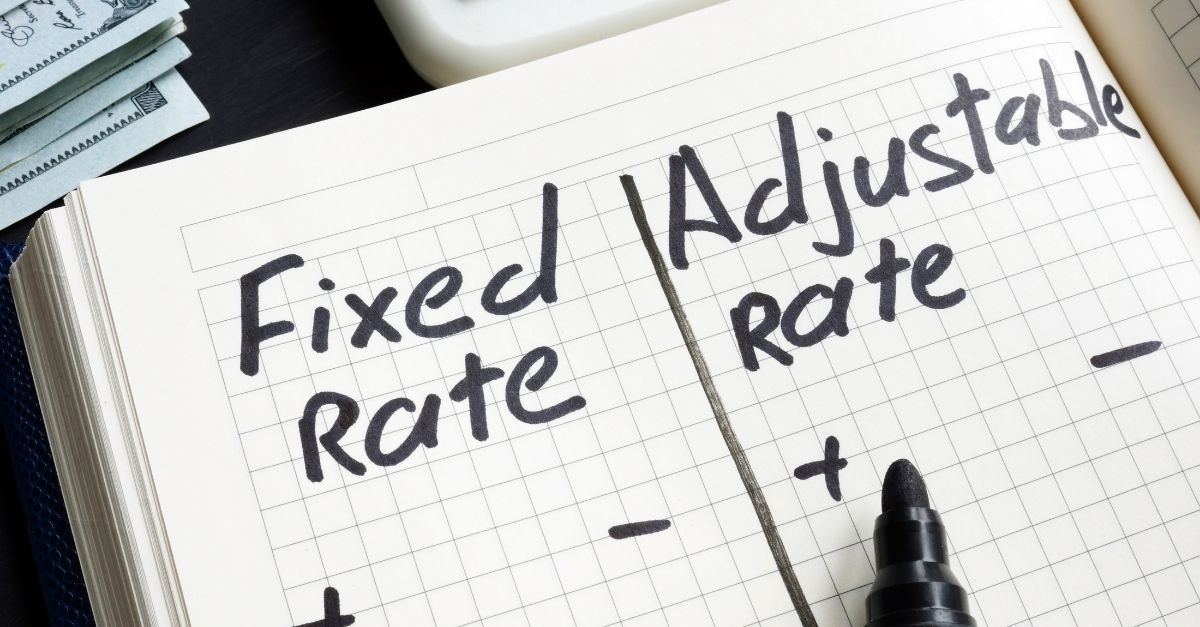What To Know About a 40-Year Mortgage
 If you take a look at your mortgage options, you might find an option for a 40-year mortgage. Now, most lenders do not offer this as an option, but if you find yourself struggling to keep up with your mortgage payments, the lender may offer to restructure your loan into a 40-year term. Is this a smart move, and what do you need to know about this choice?
If you take a look at your mortgage options, you might find an option for a 40-year mortgage. Now, most lenders do not offer this as an option, but if you find yourself struggling to keep up with your mortgage payments, the lender may offer to restructure your loan into a 40-year term. Is this a smart move, and what do you need to know about this choice?
Your Monthly Payments Get Smaller
One of the top benefits of restructuring your loan to a 40-year term is that you shrink your monthly payments. By spreading out the loan over 40 years instead of 30 or 15, you don’t need to pay as much money every month. If you are struggling to keep up with your payments, you can make them smaller without falling behind by going with a 40-year mortgage.
You Free Up Cash
Another benefit of a 40-year mortgage is that you can free up some cash. This is cash that you can use to pay off other debts, save for retirement, or invest in other areas. Because you won’t owe as much money every month, you will have more money to play with, which can ease your financial burdens.
You Pay More Interest And Slow Your Equity Buildup
On the other hand, you need to think about the downsides of a 40-year mortgage as well. If you increase your payments to 40 years, you will pay more money in interest overall. In addition, you will slow the rate at which you build equity, which means that you might not walk away with as much cash when you sell the house. You need to balance these risks with the benefits of a 40-year loan.
Think Carefully About Your Loan Options
In the end, a 40-year mortgage is not always a smart move, but if the alternative is foreclosure, it is something to consider. While this type of mortgage can help you reduce your monthly payments, it could also increase the total interest you pay while slowing the rate at which you build equity. You should talk to a professional to ensure you consider all of your options before you decide if this is the right move for you.

 In today’s competitive housing industry, it’s important to find the loan that’s right for you. With the low-interest-rate environment, many buyers wonder if an ARM loan is the best choice. Here’s everything you should consider before choosing an ARM loan.
In today’s competitive housing industry, it’s important to find the loan that’s right for you. With the low-interest-rate environment, many buyers wonder if an ARM loan is the best choice. Here’s everything you should consider before choosing an ARM loan. You may have more options than you think when it comes to securing a mortgage for your new home. While many buyers opt for conventional financing, another option or program might be a better choice for you, depending on your personal and financial situation. Learning more about FHA, USDA, and VA loans ensures you get the best possible deal for your mortgage and that you secure the loan that you need for your new home. Here’s what you need to know about these useful mortgage options.
You may have more options than you think when it comes to securing a mortgage for your new home. While many buyers opt for conventional financing, another option or program might be a better choice for you, depending on your personal and financial situation. Learning more about FHA, USDA, and VA loans ensures you get the best possible deal for your mortgage and that you secure the loan that you need for your new home. Here’s what you need to know about these useful mortgage options.